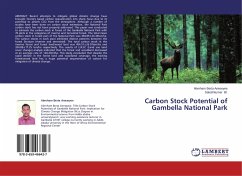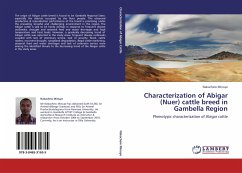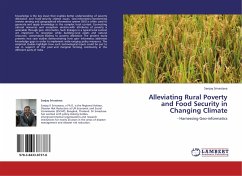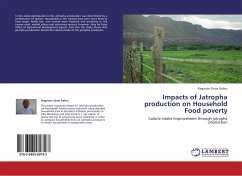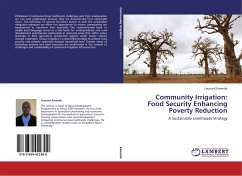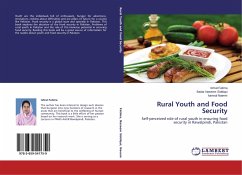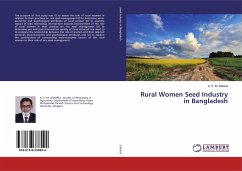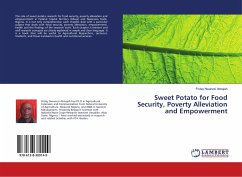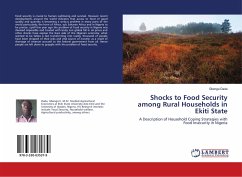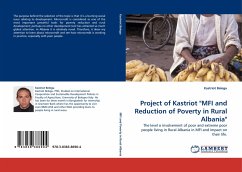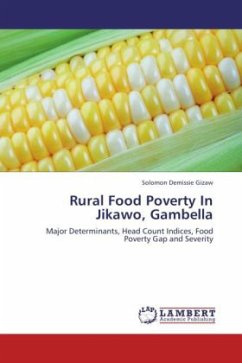
Rural Food Poverty In Jikawo, Gambella
Major Determinants, Head Count Indices, Food Poverty Gap and Severity
Versandkostenfrei!
Versandfertig in 6-10 Tagen
32,99 €
inkl. MwSt.

PAYBACK Punkte
16 °P sammeln!
Ethiopia is in better position to achieve the MDGs respect to some sectors, of which Eradicating extreme poverty and hanger by 2015 is fundamental and substantially important goal even though the problem is not solved uniformly among various regions of the country. The problem is still critical in emerging regions where agro-pastorals community are extensively used hand hue for plowing, little or no agricultural extension use and non-use of fertilizer. Hence this work clearly quantifies the food poverty indices, food poverty gap and the severity of the problem. Moreover it also indicate the es...
Ethiopia is in better position to achieve the MDGs respect to some sectors, of which Eradicating extreme poverty and hanger by 2015 is fundamental and substantially important goal even though the problem is not solved uniformly among various regions of the country. The problem is still critical in emerging regions where agro-pastorals community are extensively used hand hue for plowing, little or no agricultural extension use and non-use of fertilizer. Hence this work clearly quantifies the food poverty indices, food poverty gap and the severity of the problem. Moreover it also indicate the essential economical, social, political and cultural variables those influences the food insecurity of Gninignang District of Gambella Region using acceptable econometric model and sampling design with best recommendation of possible option for the regional and national decision maker and policy designers respectively.



